NOT OFTEN AN ACHIEVEMENT HOLDS AS MUCH SYMBOLIC VALUE AS IT DOES PRACTICAL, BUT 112 DOES EXACTLY THAT.
Today it is Europe Day (#EuropeDay2017), a day celebrating peace and unity in Europe, bringing us together and reminding Europeans of the achievements of the European Union, its member-states and its citizens.
It’s not often that a European achievement holds as much symbolic value as it does practical. But the common European emergency number 112 does not fall short to the challenge.
| For an emergency in the EU you can dial 112, free of charge, 24/7, for the police, an ambulance or the fire brigade. |
Making things simple for a person in distress is more than just a detail. In an emergency every second matters; the good functioning of the 112 service in Europe can mean the difference between life and death – literally.
On this Europe day, let’s reflect on all the successes of the 112 service. “One Europe, one emergency number” means millions of Europeans are better protected.
But let’s also think of how we can progress, because we need to do more…
So, how can the 112 service help Europeans better?
The European Electronic Communications Code (EECC) is a legislative proposal currently debated at the European Union, which includes provisions on 112. When agreed, it will be part of EU law. The EECC can help improve the 112 service in many ways. Here’s some examples.
Caller location
We need more accurate emergency caller location. When you call the emergency services, rescuers need to find you fast. From not knowing where you are, to being in distress or unable to speak, there are many scenarios in which you would not be able to inform them about your whereabouts.
But what can we do? The EECC can ask for handset-based location to be provided to emergency services. Already several countries have deployed Advanced Mobile Location (or AML), an emergency location technique that sends your location to emergency services when you dial an emergency number from your smartphone. Why not make it a reality for all?
Public warning
From natural disasters to terrorist attacks, Europeans have been put to the test many times in recent years. We need a Europe-wide public warning system that allows authorities to alert Europeans in an affected area about an ongoing or imminent threat directly on their mobile phones. Being aware of what is happening and having official instructions on how to remain safe means lives saved. The EECC can request a Europe-wide public warning system for European citizens.
En alertant la population en cas de danger, les autorités peuvent sauver des vies dans chaque pays d'Europe. pic.twitter.com/cEZ5tIpten
— Life for Paris (@lifeforparis) April 28, 2017
Accessibility for people with disabilities
Fellow citizens with disabilities need to be able to access emergency services in a manner equal to their peers. European countries need to make sure they provide the means for this to happen. The EECC can make sure accessibility for people with disabilities is ensured and well-implemented.
How can we ensure that persons with disabilities can have equal access to emergency services? @Europarl_EN, vote for a strong #EECC ! pic.twitter.com/biiuQ4vNnt
— EUD (@EUD_Brussels) May 5, 2017
On this Europe day, let’s reconfirm our willingness to advance the 112 service for all Europeans.
